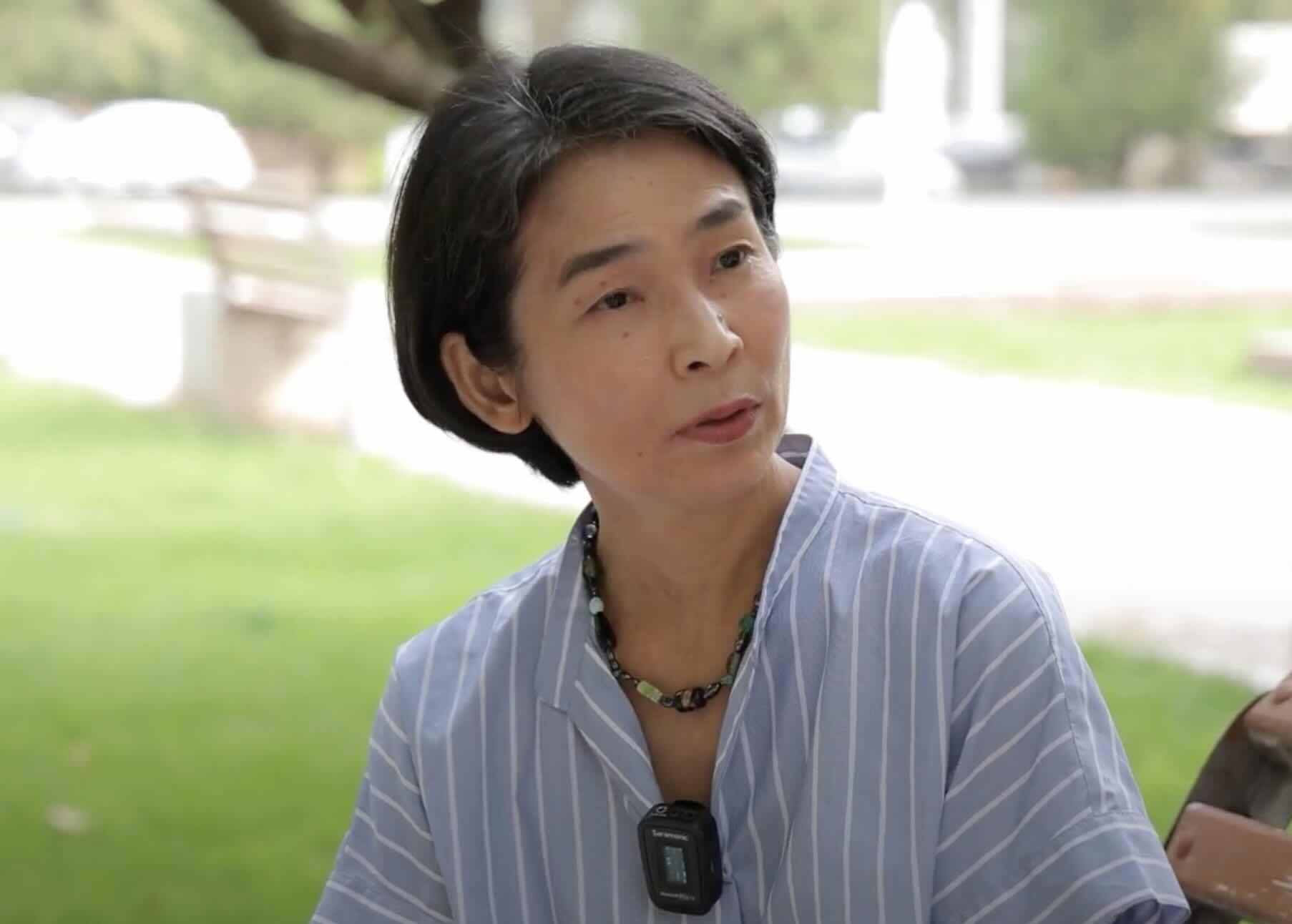As Uzbekistan undergoes rapid social and economic transformations, Aikiko Fujii, the new resident representative of the United Nations Development Programme (UNDP), brings her 25 years of experience in climate change, governance, and gender issues to the fore. Speaking with Daryo, Fujii outlined her vision for tackling the nation’s key development challenges and fostering sustainable growth.

Bridging Isolation: Insights from a Double Landlocked Nation
Having worked in diverse geographies, from Pacific islands to Sudan, Fujii drew comparisons between Uzbekistan’s double landlocked status and the geographical isolation faced by small island states. Both contexts, she explained, share challenges in connectivity and trade. However, Uzbekistan benefits from certain advantages.
“The growing youth population here is a huge asset,” Fuji remarked. “With 60% of the population under 30, there’s immense potential for innovation and progress.” She emphasized that this demographic strength, coupled with Uzbekistan’s strong traditions of diversity and harmony, provides a solid foundation for sustainable development.
Gender Equality: Addressing Deep-Rooted Challenges
Fujii identified gender inequality as one of Uzbekistan’s most pressing challenges, noting that it is a pervasive issue globally. "No country in the world has achieved full gender equality," she said. "Unfortunately, Uzbekistan is no exception."
One of the major hurdles in achieving equality is the persistence of unconscious biases and stereotypes ingrained in everyday life. A recent behavioral study conducted by UNDP revealed that 90% of Uzbekistan’s population holds one or more gender stereotypes, with many women accepting gender-based violence as justifiable under certain circumstances.
“It’s heartbreaking,” Fujii said. “Many women feel it’s okay to be beaten by their husbands for what they perceive as ‘valid reasons.’ But there is no valid reason in this world for violence—against women or anyone else.”
Fujii emphasized the need for a multi-pronged approach to address these deeply entrenched norms. "We need to tackle unconscious biases from the ground up," she said. "This involves education, awareness campaigns, and social dialogue, starting in schools and communities."
Legal reforms are another critical element. "Uzbekistan’s Constitution promises free legal aid, but it must be implemented effectively," Fujii stated. Stronger justice systems, she added, are essential to ensure victims of gender-based violence can access protection and support. "Justice must be swift, fair, and accessible to everyone, regardless of their socioeconomic status."
The Economic and Social Costs of Inequality
Gender inequality is not only a social issue but also an economic one. Fujii explained how traditional gender roles limit opportunities for women and girls. "From the subjects they study in school to the jobs they are expected to pursue, stereotypes shape every aspect of their lives," she said. "This stifles not just individual potential but also the broader economic growth of the country."
Fujii highlighted the connection between gender and other forms of inequality, such as the rural-urban divide. "Our studies show that rural girls often face more barriers to education and healthcare compared to their urban counterparts," she said. “By addressing these overlapping vulnerabilities, we can create a more equitable society for everyone.”
Transparency and Governance: Fighting Corruption
Fujii also tied gender equality to broader governance reforms, particularly the fight against corruption. "Women are often the first to suffer in corrupt systems," she noted. "They pay the price when resources are diverted, whether it’s in education, healthcare, or legal aid."
UNDP is supporting Uzbekistan in creating robust legal frameworks to prevent corruption and promote transparency. “We work with the media and civil society to ensure accurate information reaches the public, fostering critical thinking and accountability,” Fujii said.
Vision for the Future: Empowering Vulnerable Communities
With 40 UNDP projects across Uzbekistan, Fujii’s vision centers on empowering vulnerable groups, including women, youth, and rural communities. “Our focus is on those at risk of falling into poverty,” she said. “We’re working alongside the government to build robust institutions and governance systems that ensure lasting development.”
While challenges remain, Fujii is optimistic. "Achieving gender equality requires a whole-of-society approach," she said. "With the right policies, education, and collective action, we can make meaningful progress."
As Uzbekistan continues its reform journey, Fujii’s emphasis on addressing gender inequality alongside other development goals reflects a holistic approach to building a fairer, more inclusive society. “Equality doesn’t mean one gender is better than the other,” she said in closing. “It means creating opportunities and access for everyone to thrive. And that’s a vision worth fighting for.”
Comments (0)